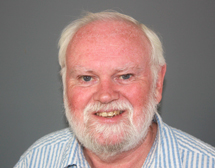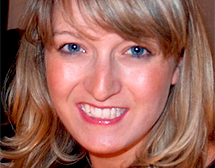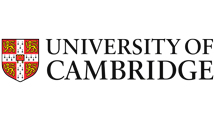
High quality early childhood education has an important impact on later development and learning of children. It comprises the emotional, social and cognitive development, as well as the key transversal skills including language, self-regulation and playfulness. Why is education in the early years so crucial? And what policies and practices make quality early childhood education universally available?
This report explores the key international developments in early childhood education, including the main principles for provision, pedagogy and curriculum. It also reviews different international approaches to quality in early childhood education, including from a developmental perspective, through recognized international reports and concrete case studies in the field. The conclusion addresses the implications for policy and practice on both global and local scales.
Authors

Dr. David Whitebread
Senior Lecturer in Psychology and Education, University of Cambridge
David Whitebread is a developmental psychologist and is widely recognized as a leading international expert in early childhood development and education.

Dr. Martina Kuvalja
Research Associate, Faculty of Education, University of Cambridge
Dr Martina Kuvalja is an educational researcher and a speech and language therapist.

Dr. Aileen O’Connor
PhD Researcher, Faculty of Education, University of Cambridge
Dr. Aileen O’Connor is a PhD researcher in the Faculty of Education in the University of Cambridge.
This report has been reviewed by:
- Wendy Ellyatt, Chief Executive, Save Childhood Movement
- Prof. Jane Payler, Professor of Education (Early Years), University of Winchester ; Chair of TACTYC: Association for Professional Development in Early Years Educators, Faculty of Education and Language Studies
With the contributions from:
- Jo Ellis, Assistant Principal, Early Education Centre, Qatar Academy
- Maryam Alhajri, Principal, Qatar Academy Al Wakra



